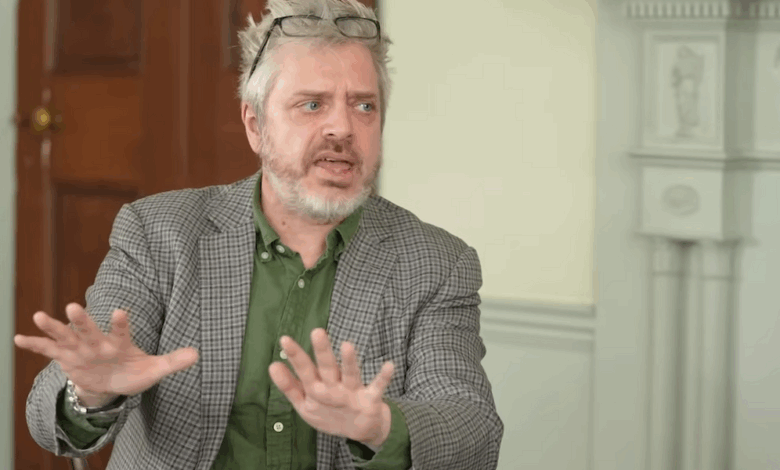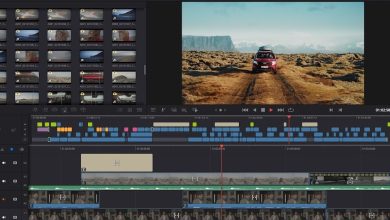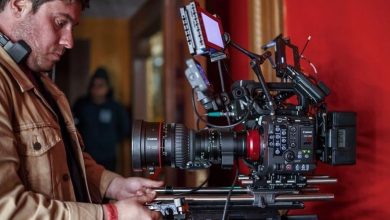Pulitzer Prize Winner Paul Harding Shares Timeless Writing Lessons for Storytellers

Before winning the 2010 Pulitzer Prize for Fiction with his debut novel Tinkers, Paul Harding spent 15 years writing, enduring dozens of rejections before a small press picked up the manuscript for just $1,000. His journey, along with his unconventional approach to storytelling, offers invaluable lessons for writers in all mediums — from novelists to screenwriters.
Slow Down and Observe
Harding’s most powerful advice is deceptively simple: “Slow down.”
Too often, writers rush to assign meaning or symbolism to an image. Harding emphasizes patience and deep observation, encouraging writers to see before categorizing. When he began Tinkers, he drew from a vivid image of his grandfather hallucinating cracks in the ceiling. By following that single moment step by step — imagining what might happen next — he uncovered an unforgettable metaphor.
His method: enter the world of your story without preconceptions. “I shut up, look and listen, and take notes,” Harding explained.
Read Ambitiously
Harding insists that great writing begins with great reading.
Your writing can only be as good as the best material you’ve consumed — and the best attention you’ve given it. This means practicing what Harding calls “ambitious reading”:
-
Read classic literature and modern masterpieces.
-
Study film scripts like Paddy Chayefsky’s Network.
-
Watch how the Coen Brothers structure No Country for Old Men.
-
Analyze how The Sopranos builds character through small, mundane moments.
Ambitious reading isn’t just about volume — it’s about engagement and analysis, using masters of the craft to push your own creative boundaries.
See More ...
Know Your Audience
Harding also stresses the importance of identifying who you’re writing for.
“The minute I write a sentence down, I can hear billions stampeding for the exits. But then there are a dozen who move down to the front row and say, ‘Yeah, what happened next?’ Those are the people you’re writing for.”
This lesson is crucial in screenwriting, where commercial viability can easily overshadow authenticity. Instead of trying to please everyone, find the specific audience that connects with your story:
-
Is it for fans of psychological thrillers with an indie edge?
-
A mainstream network procedural?
-
A streaming limited series with niche appeal?
Clarity about your audience empowers authentic choices instead of generic compromises.
Paul Harding’s success story proves that patience, discipline, and ambition can transform even the most rejected manuscript into an award-winning masterpiece. Writers who slow down, read ambitiously, and focus on their true audience can create stories that resonate deeply, even if not with everyone.




